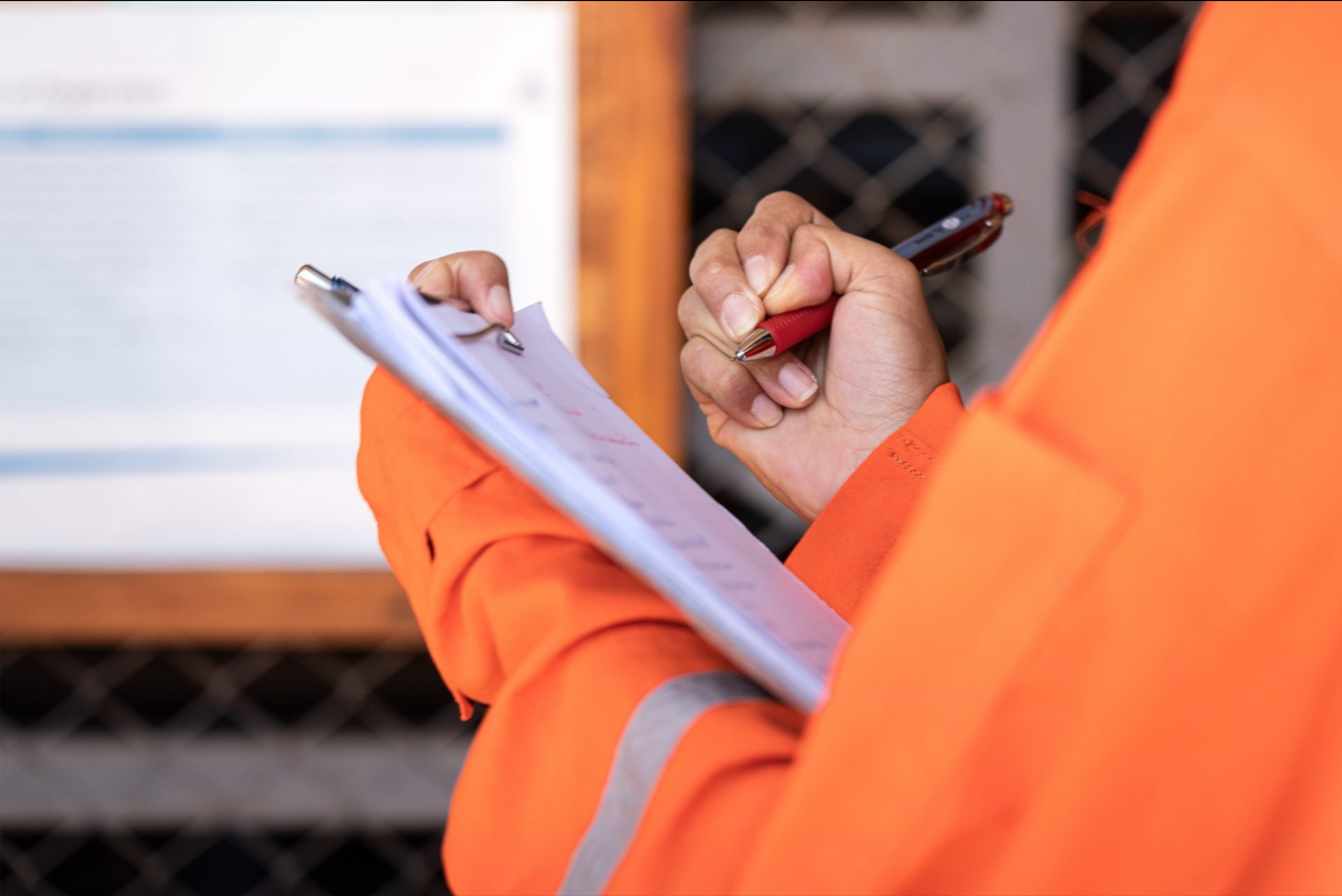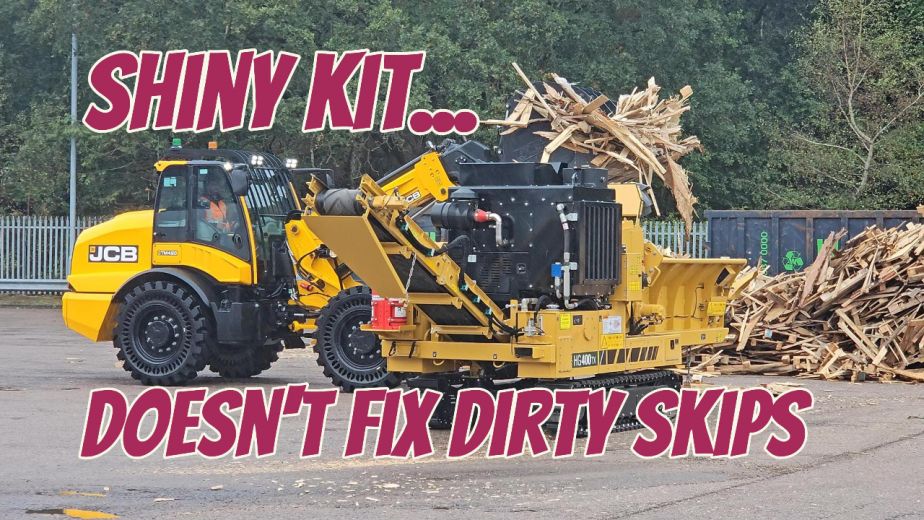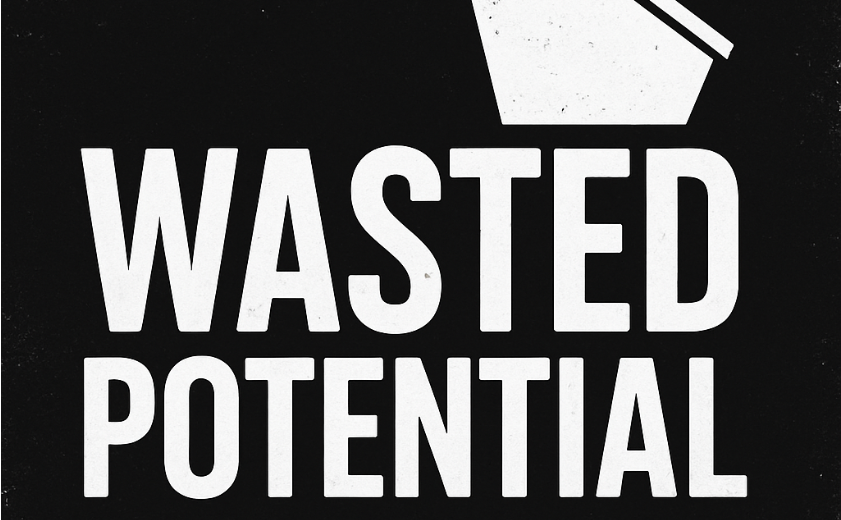Let’s be blunt: you know what hurts more than a health and safety breach?
Your sales team telling you that customers are walking away — not because your price is too high, but because your business just doesn’t feel like a safe bet.
And this isn’t hypothetical. It’s happening. Right now. In our industry.
Waste and recycling remains one of the most dangerous sectors in the UK. But this blog isn’t about the tragedy of injuries, fatalities, or environmental damage. It’s about the commercial impact of getting compliance wrong — or treating it as an afterthought.
Because if your approach to compliance is poor, your business isn’t just at risk. It’s in decline.
What does non-compliance look like in 2025?
It’s no longer just about whether your team are wearing the right PPE. Poor compliance can creep in through a dozen subtle, dangerous cracks:
- Near misses that never get logged
- Actions from EA inspections that sit in a drawer, ignored
- Carbon reporting that’s inaccurate, inconsistent or just missing
- Vehicle maintenance done late, or not at all
- Noise, dust and air quality complaints that you don’t follow up on
None of this is ‘just paperwork’. It’s about visibility, credibility and control. And when it’s lacking, the consequences hit far harder than a telling-off from a regulator.
Customers are watching — and walking
Today’s buyers aren’t just looking at your price and your recycling rate. They’re digging deeper.
- They’re checking your RIDDOR history
- They’re scanning your audit trail for red flags
- They’re asking about your carbon data and social value metrics
- They want proof of how you run your business, not just promises
And if they see gaps or signs of risk? You won’t even make it to the shortlist.
No conversation. No explanation. No invitation to bid.
Because if they can’t trust your standards, they won’t trust your service.
It doesn’t stop with customers…
Poor compliance doesn’t just lose you sales. It quietly tears away at the fabric of your commercial standing:
- Insurers will push your premiums up
- Investors will dial back their confidence
- Existing customers may drift away quietly rather than confront concerns
And it can be even more brutal.
One waste company I know was recently rejected from a major public contract worth over a billion pounds.
Why?
Because they’d had a fatality.
The bid didn’t even get read. Just a one-line response:
“Sorry, we don’t want to do business with you.”
No second chances. No ‘lessons learned’ clause. Just a hard commercial line in the sand.
You can’t have ESG without E, S or G
It’s amazing how many companies love to shout about their ESG and social value credentials — while cutting corners on the very foundations those things are built on.
You can’t have credibility on carbon if your reporting is shaky.
You can’t talk up your community engagement if your yards are riddled with near misses.
You can’t claim leadership if you’re failing at legal minimums.
Buyers know this. And they’re voting with their feet.
Compliance is commercial. Full stop.
Here’s the uncomfortable truth:
- Compliance isn’t red tape.
- It’s not just bureaucracy or admin.
- It’s not about covering your back.
It’s about your business reputation, your ability to win work, and your fitness to grow.
Done well, compliance builds trust, unlocks deals and fuels growth.
Done badly, it gets you blacklisted.
So if your business is serious about securing its future — and not just surviving audits, but thriving in a competitive market — get your compliance in order now.
Because non-compliance isn’t just dangerous.
It’s bad for business.
Gerald Price is a multi-disciplined business consultant specialising in the efficiency, improvement and development of established businesses (£3m+ turnover).
Gerald is available to lead bids for tenders of all sizes and complexities, or to support and mentor internal business development teams.



